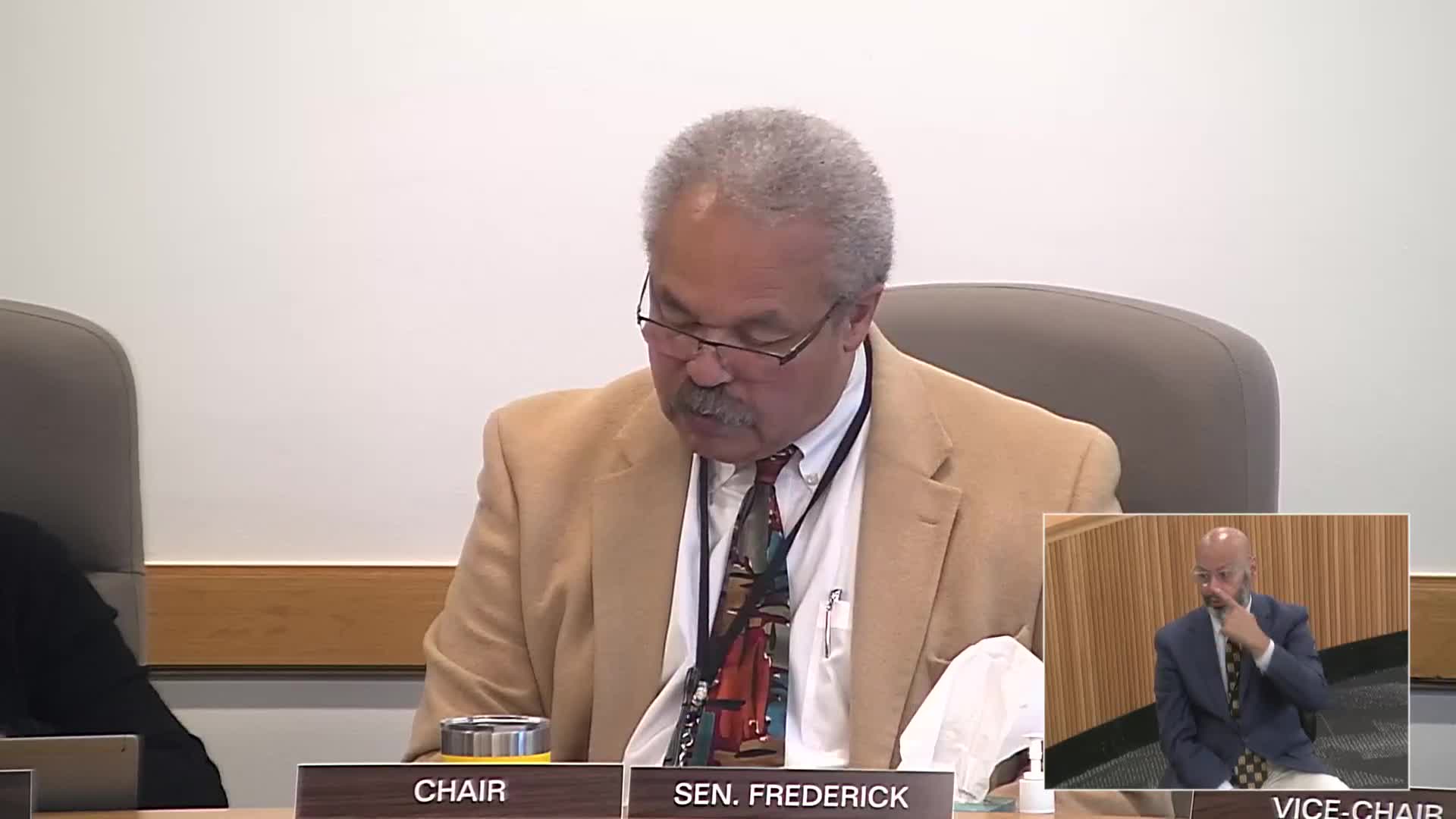Article not found
This article is no longer available. But don't worry—we've gathered other articles that discuss the same topic.
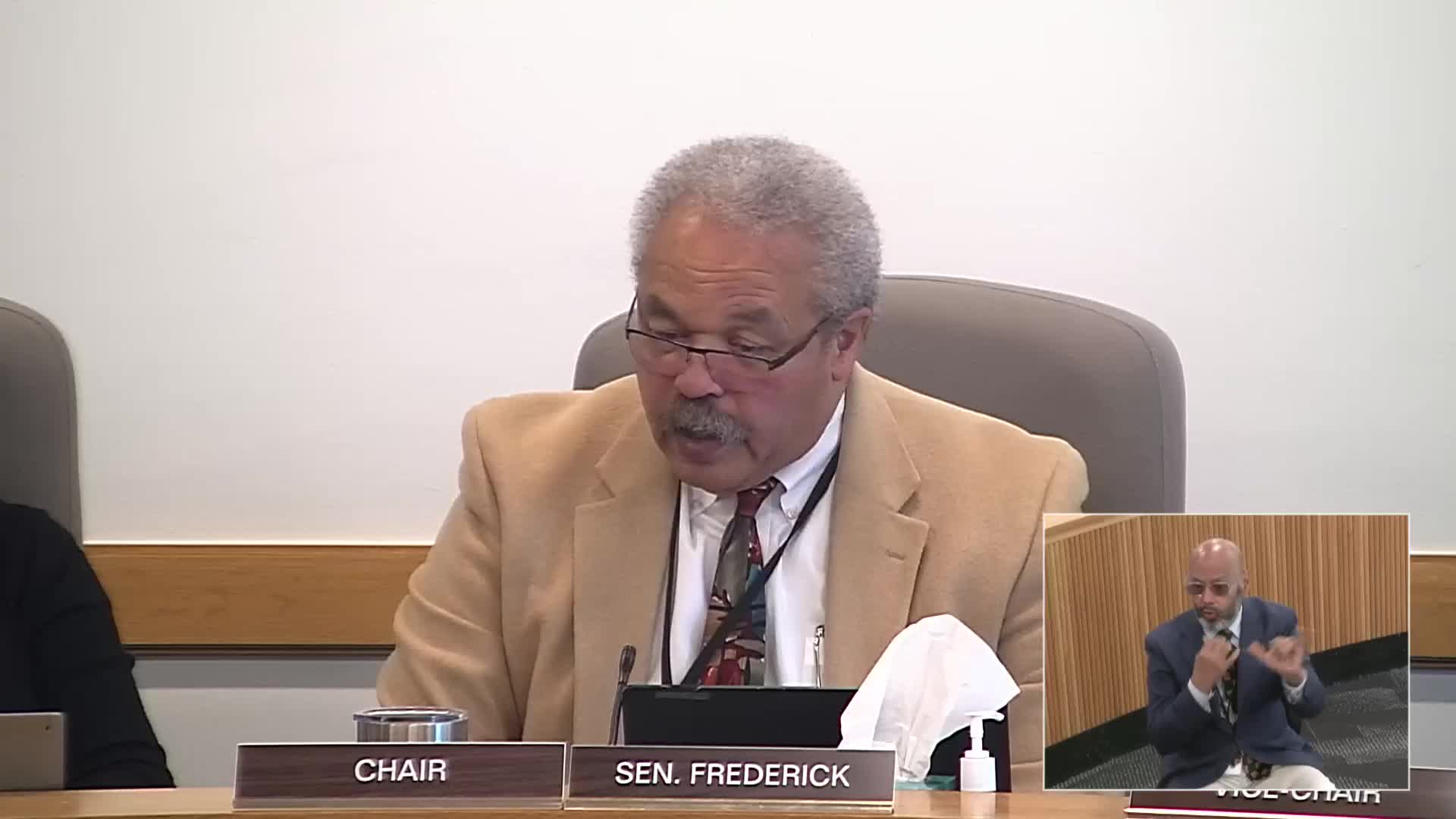
Committee debate on student cellphone policy exposes sharp divisions; no final committee action
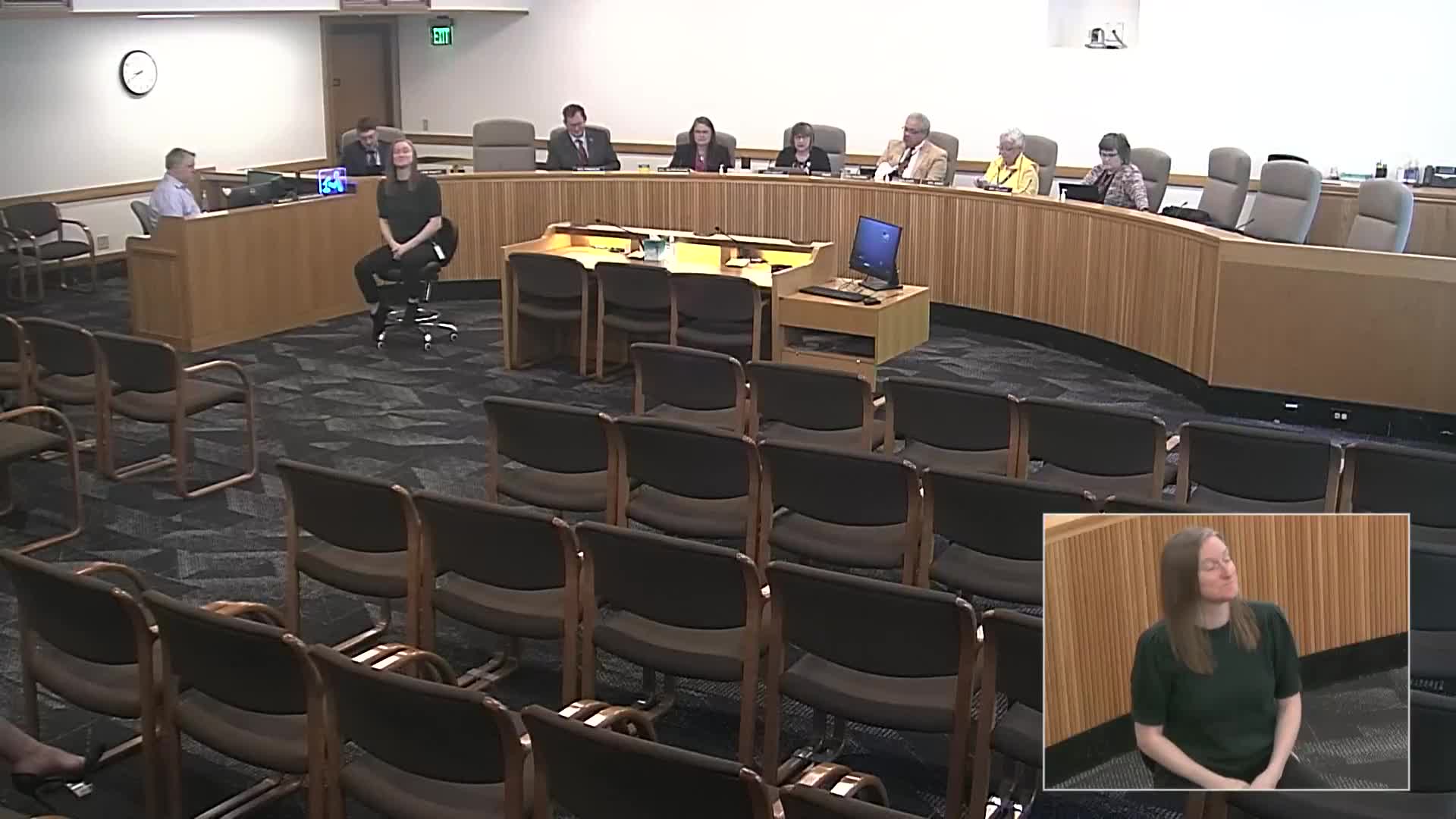
Sponsor says campus reporting bill fixes gaps; committee forwards measure after sponsor answers questions
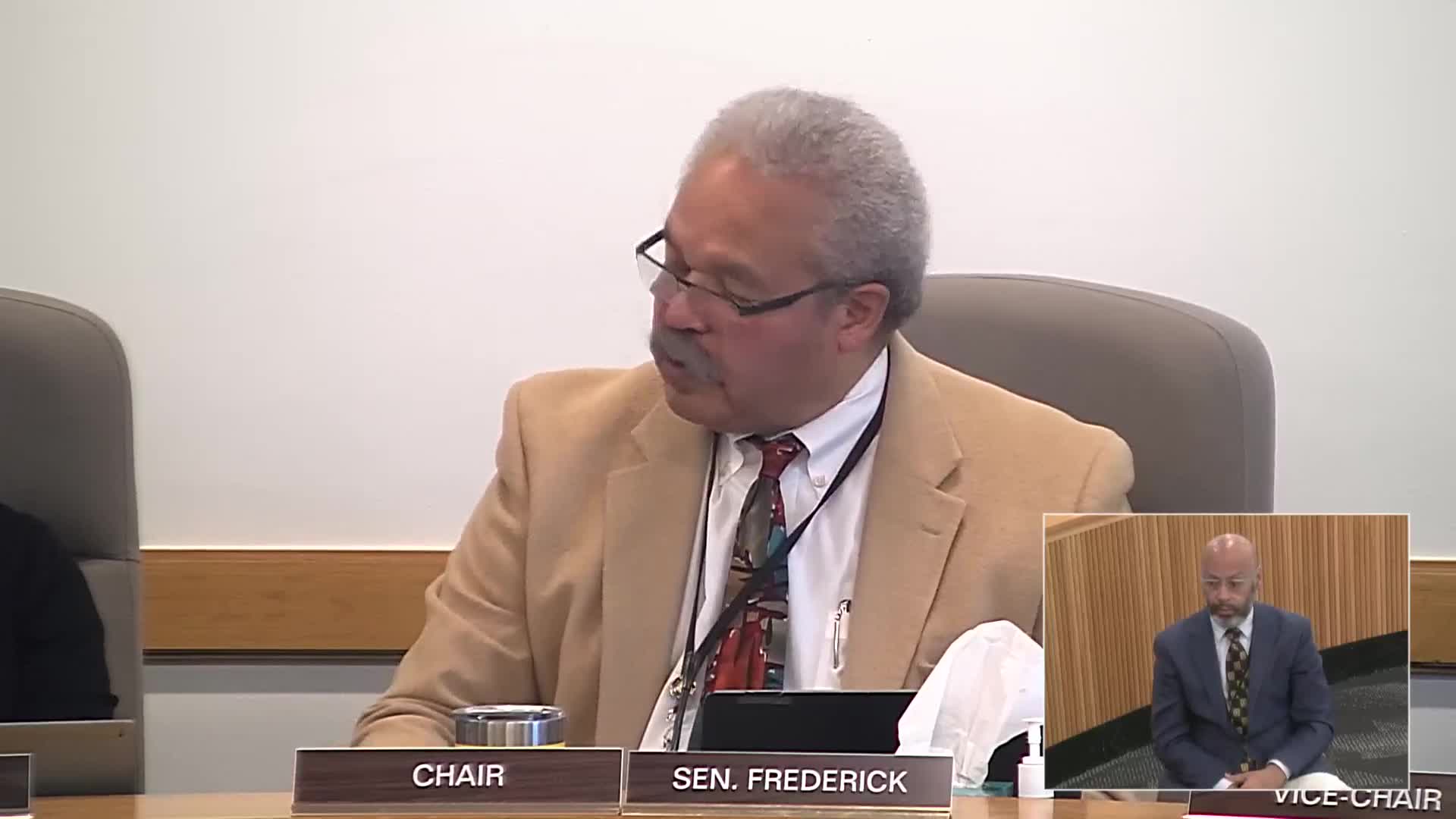
Committee amends STEM investment bill, changes school admissions and assessment rules
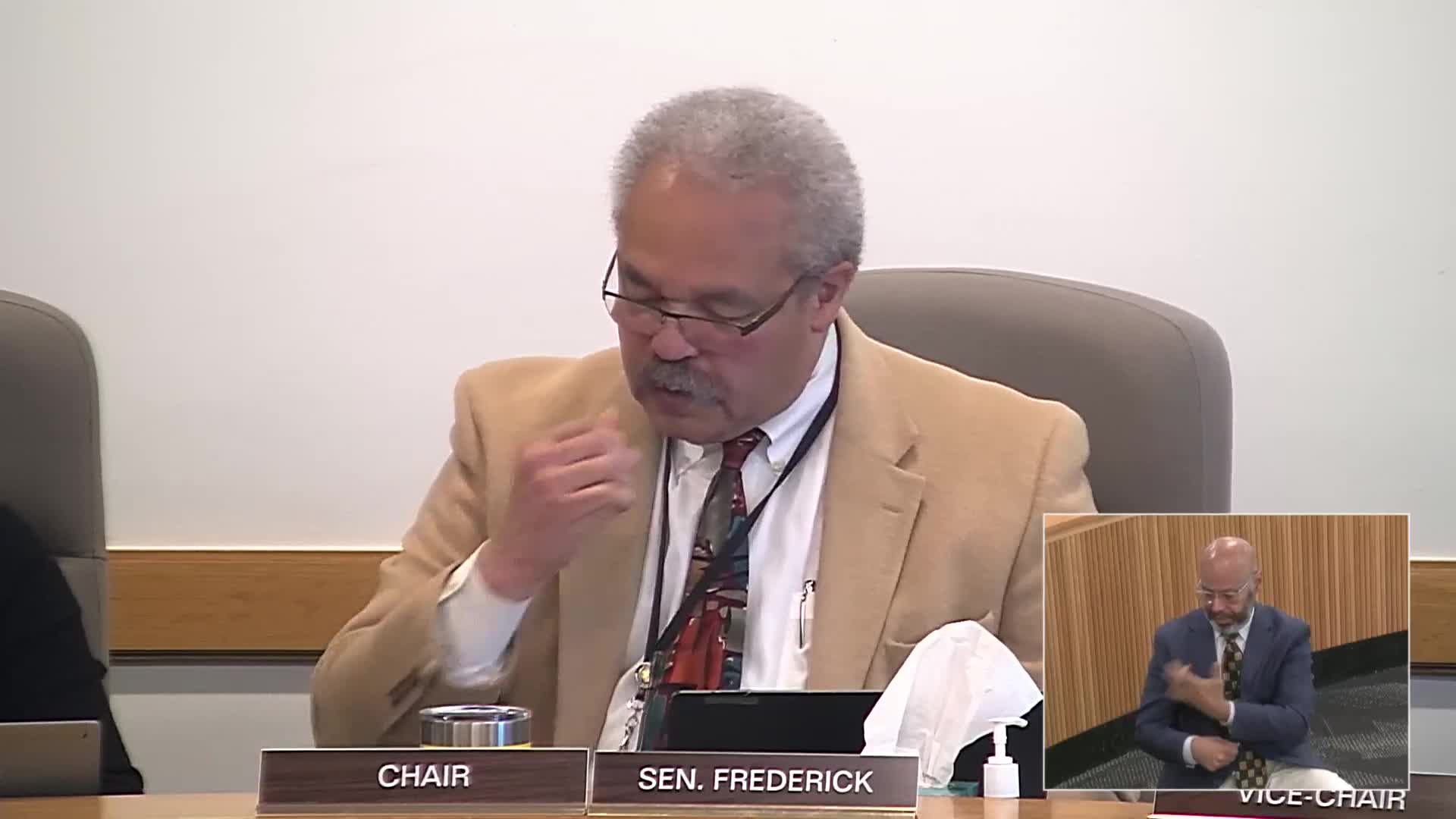
Committee advances bill that broadens definition of brain injury for education purposes
